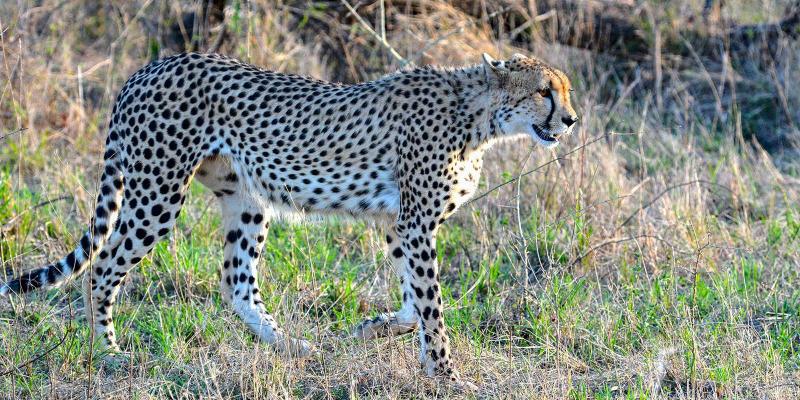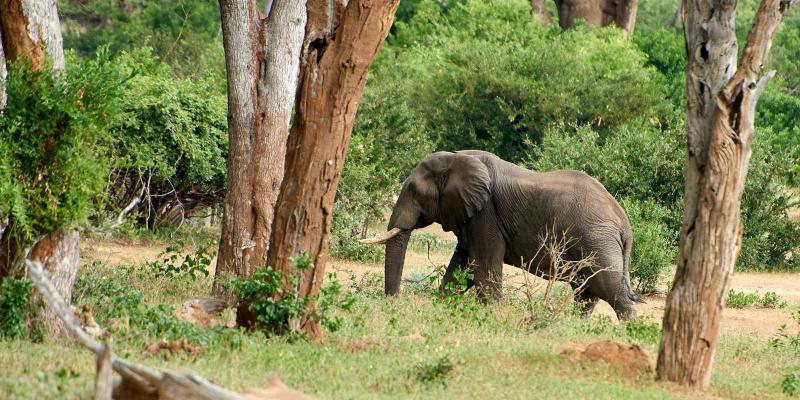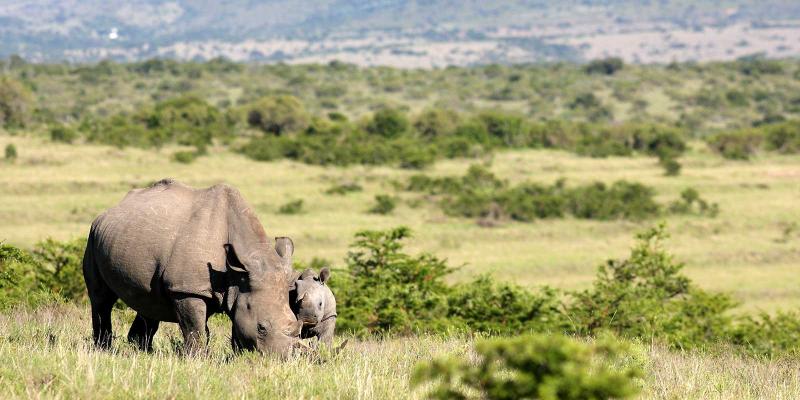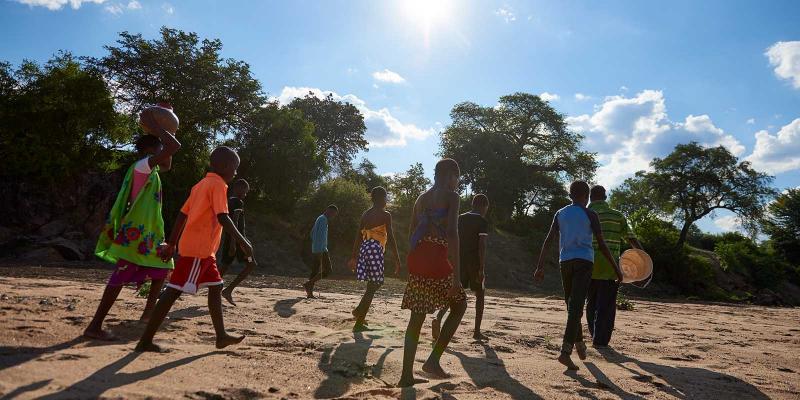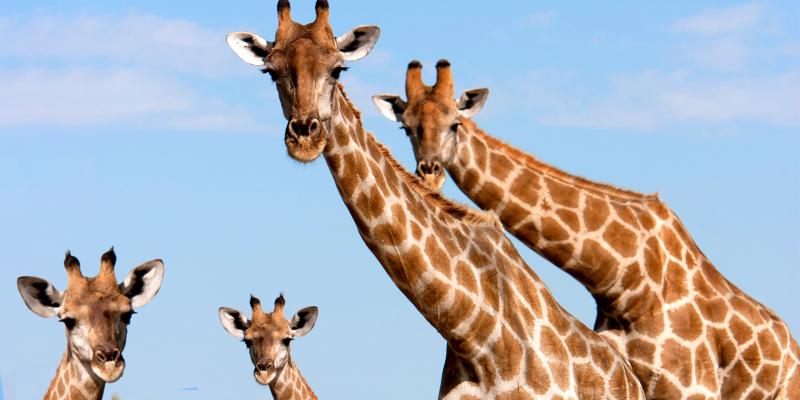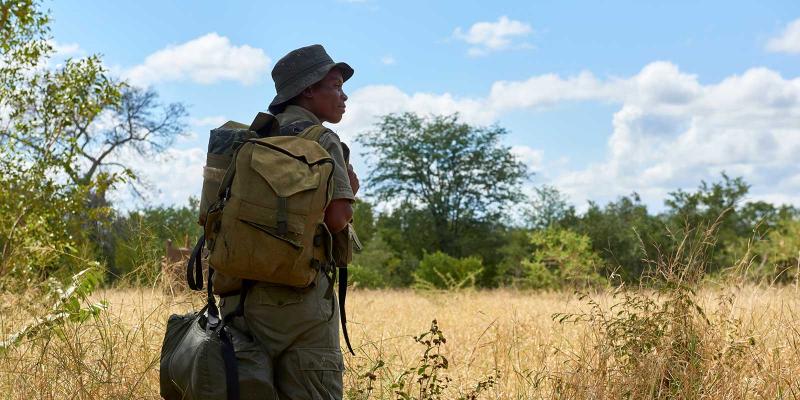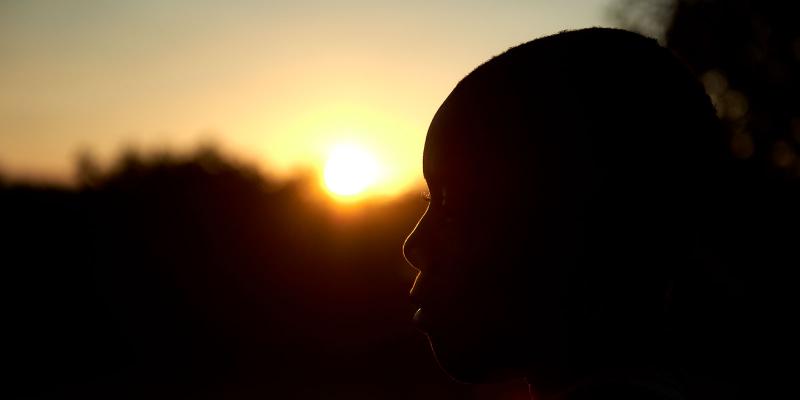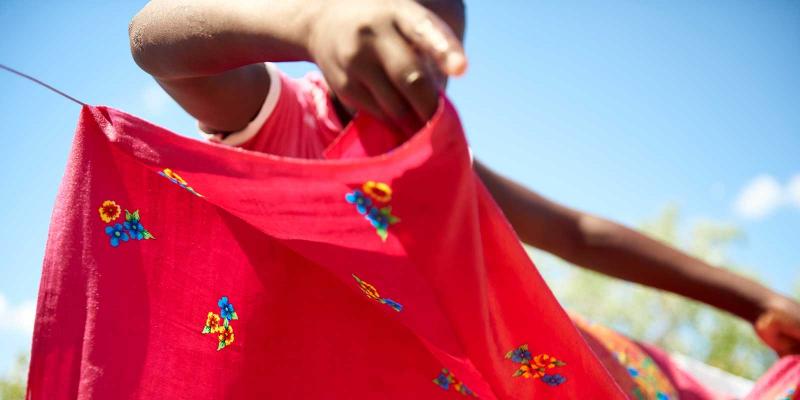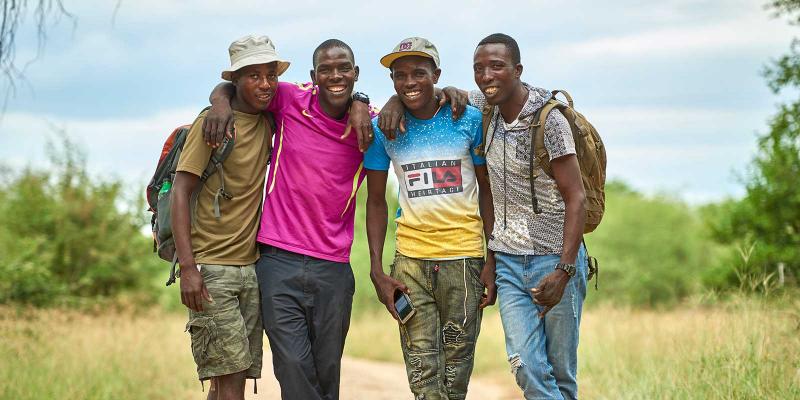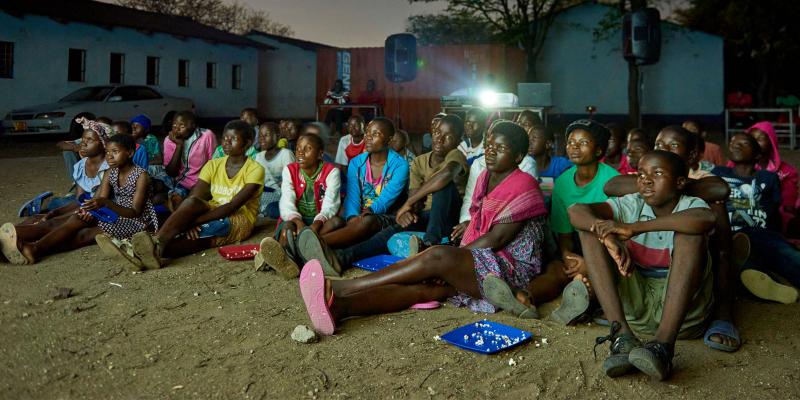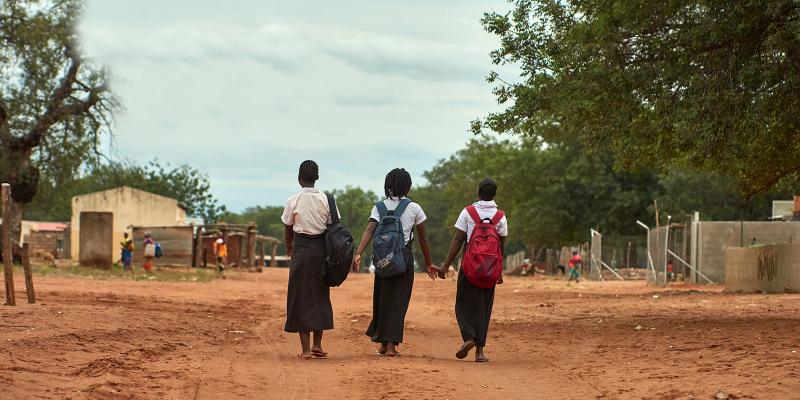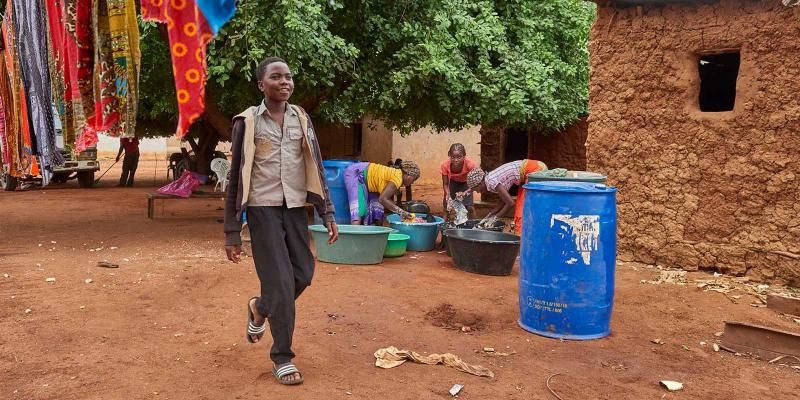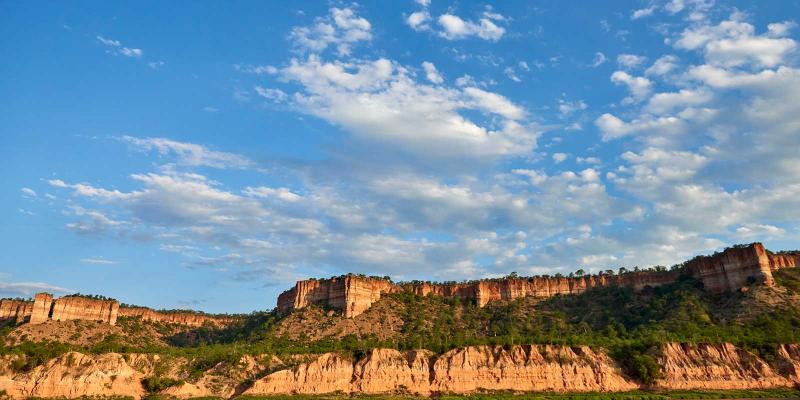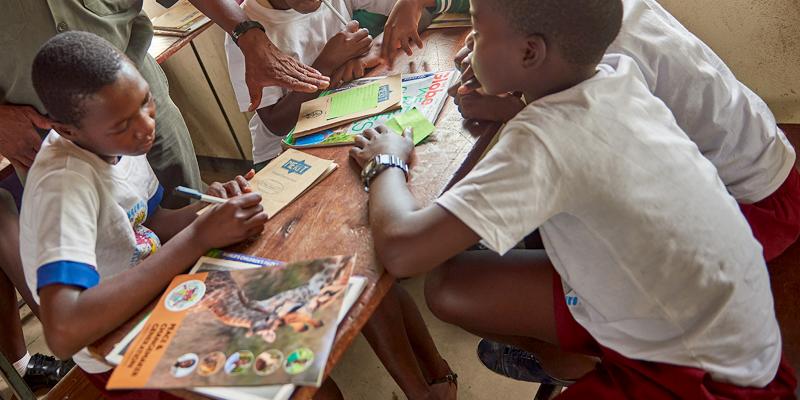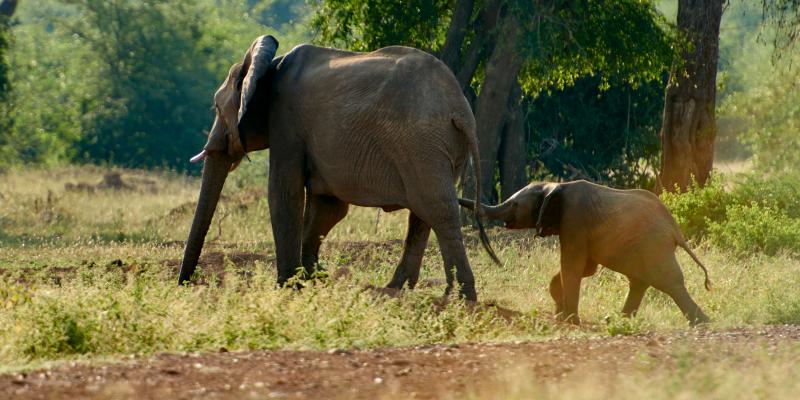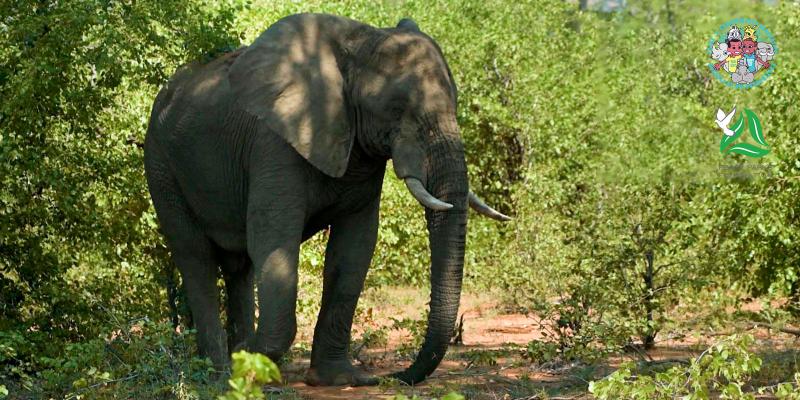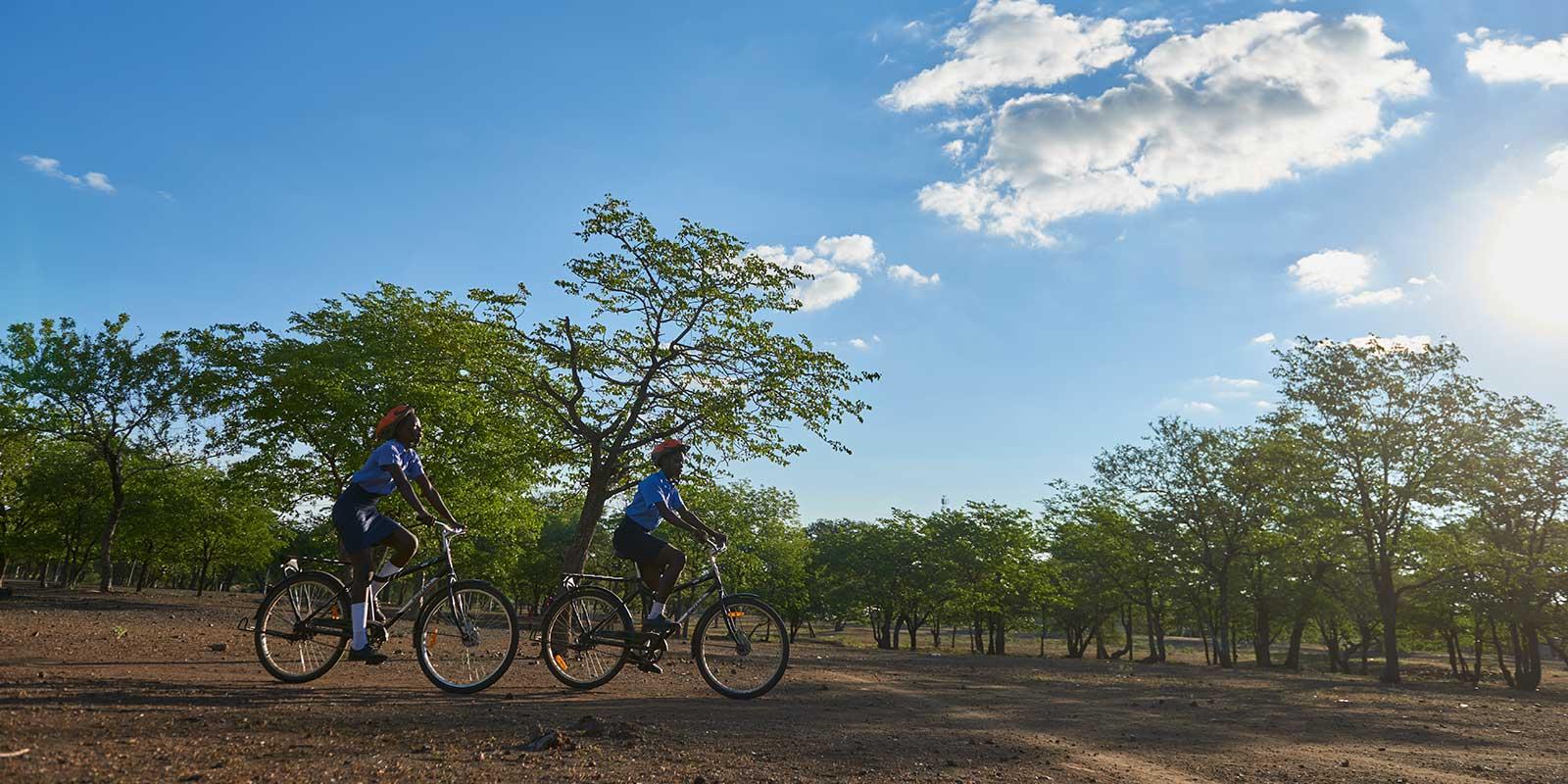
“Ever since the Chilojo Club came to our school I’ve dreamed of working with nature and wild animals. In the club’s lessons, we’ve learned about animal protection and about how everything in the natural environment around us is connected. We’ve also learned a lot about poaching. Poaching is so bad in many ways, but I think the five most important points are:
1. Poaching destroys our forests. Many poachers start fires to get to the animals more easily.2. Poaching destroys our most important natural resource, the wild animals.
3. Without wild animals, we lose tourists and jobs in our villages and the whole country.
4. Many people die in conflicts between poachers and rangers.
5. Organised crime related to the illegal trade of ivory and animal skins means our country loses important foreign currency, and this makes Zimbabwe poorer.
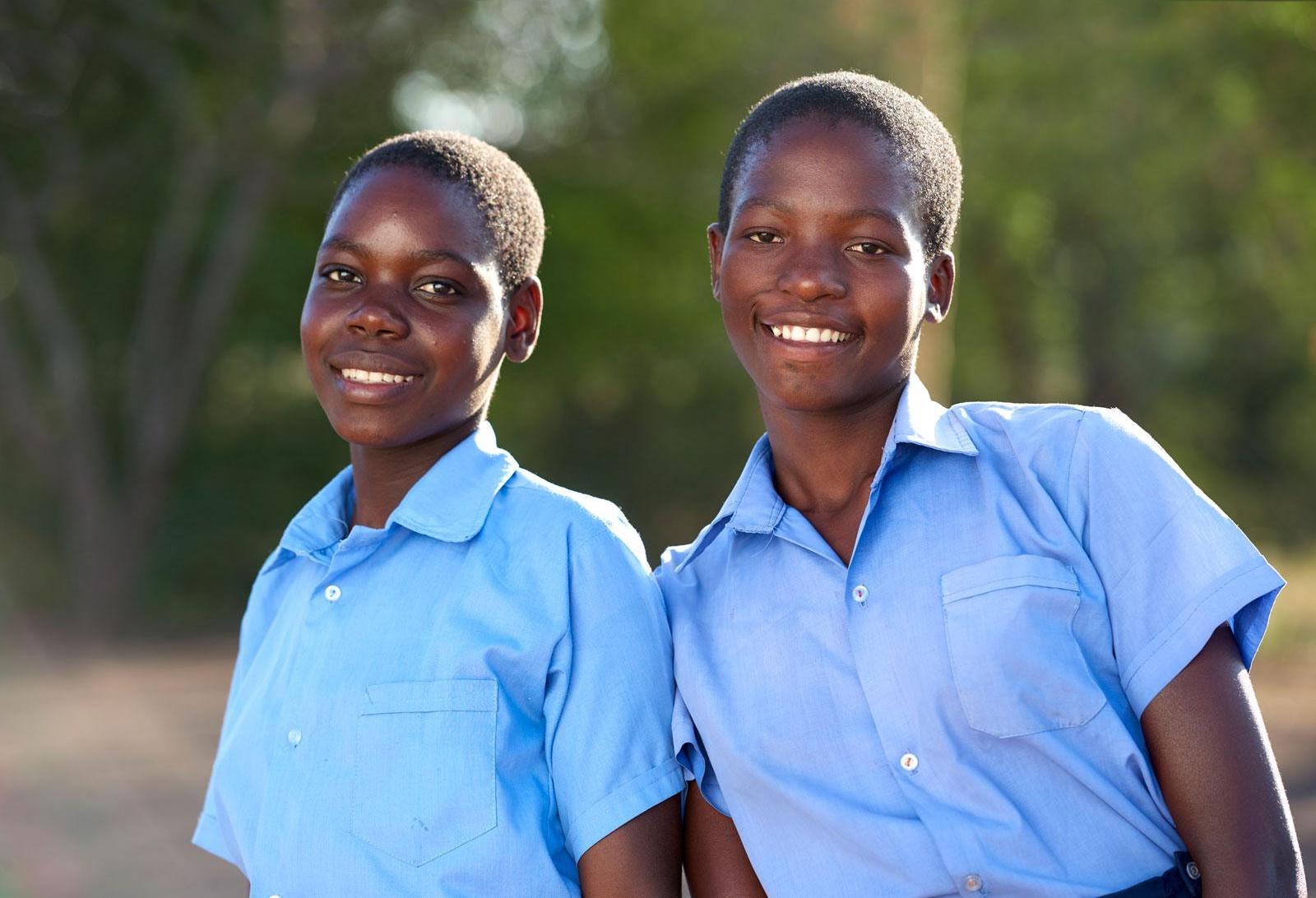
School is important
My dream is to explain to the villages close to the park how we can live in peace together with the wild animals. I’d like to work as a ranger or accountant at some organisation that fights to protect wild animals. Both jobs mean you have to have a good education, so school is really important to me.
I’m grateful that I’m able to go to school. Unfortunately, many girls here are forced to quit school at my age and never get the chance to join the professions I’m aiming for. Many are forced to quit because of poverty and prejudices. If a poor family has a son and a daughter, it’s always the son who gets to go to school if they are forced to choose. The family thinks that if the son gets an education, he will get a good job and earn money that the family can share.
They think there’s no point in letting the daughter go to school, as she will be married off and belong to another family. She will never contribute money to her own family, but to the family she marries into. It’s not unusual for girls of my
age to become victims of child marriage and be forced to quit school.
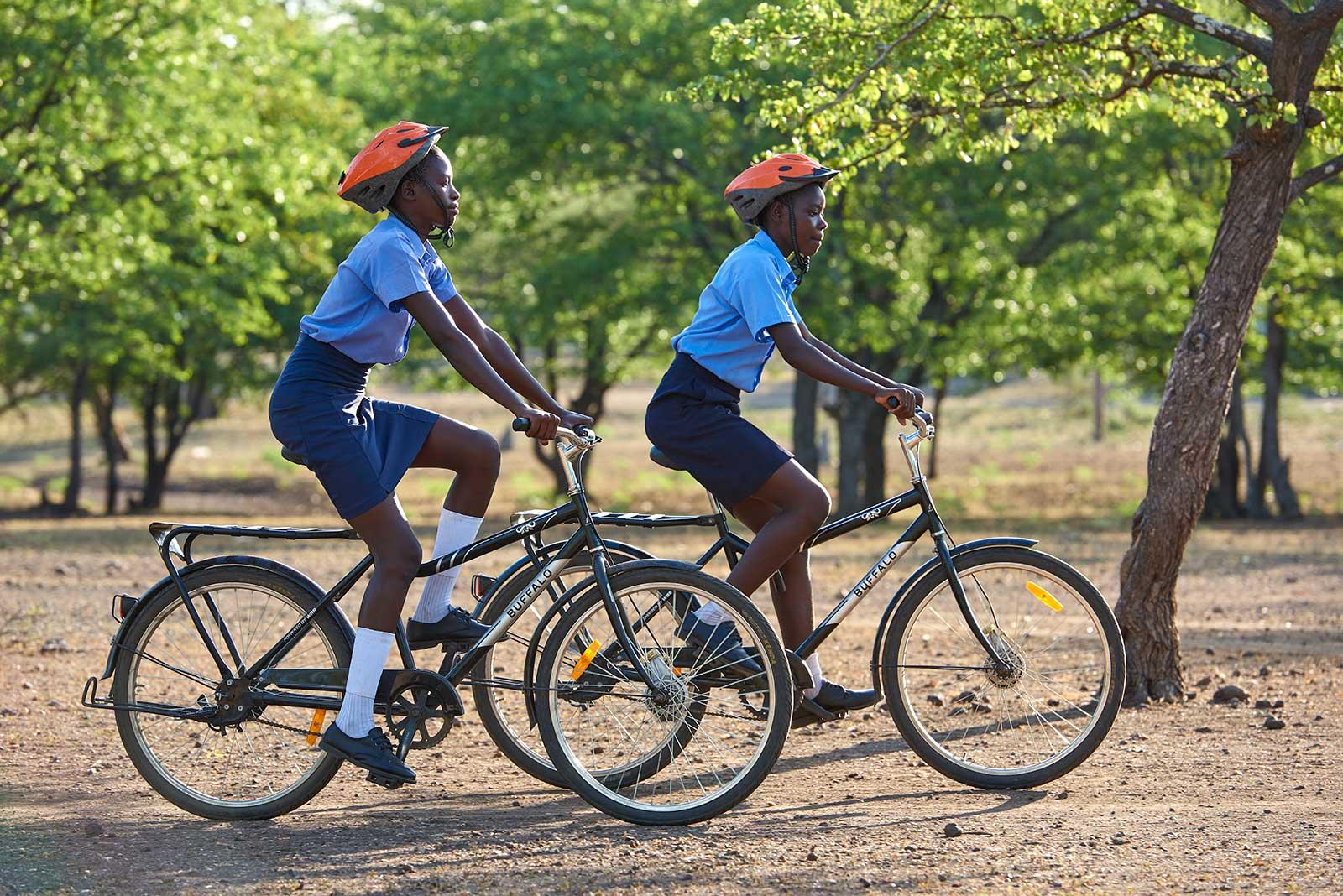
Crimes against girls
Many girls don’t dare continue with their education when they start secondary school, because it’s dangerous to get to and from school. The schools are often far from the village, and then boys and men take the opportunity to harass and assault girls on their way to school. I think it’s really terrible. Men and boys who do this should be arrested and put in prison!It hurts me to think about these things. Girls and boys should have the same opportunity to have a good education. Stopping a girl from going to school is a violation of her rights.
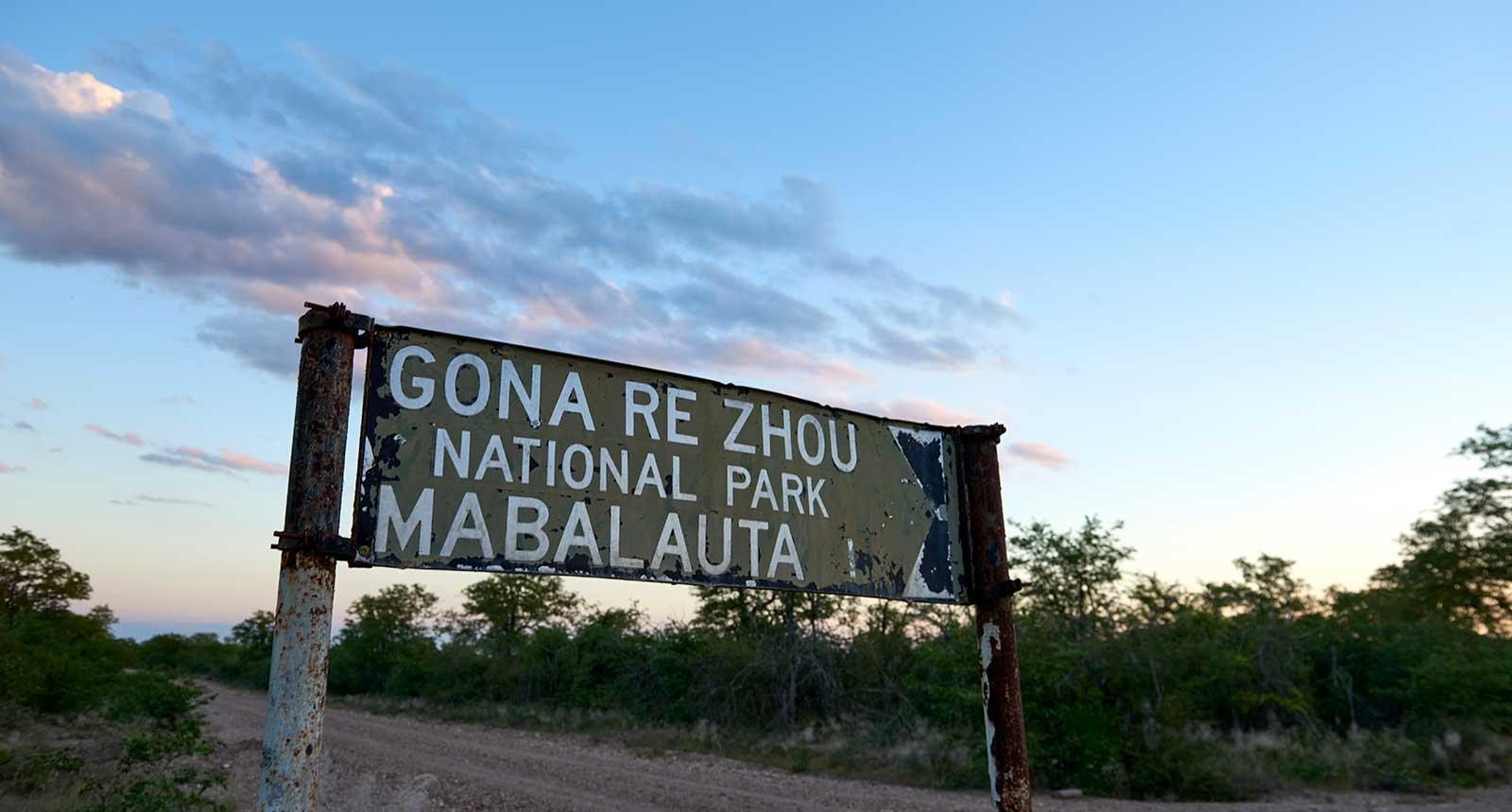
Cycles to school
I’m lucky that I’m one of the students who has been able to
borrow a bicycle from the Chilojo Club so I can get to school safely. I used to walk to school for over two hours. I had to leave home at five in the morning to get there in time. Now it takes me 45 minutes to cycle to school! I have more energy to concentrate, and my results have improved. The bicycle also means I get home quicker and I have time to help out at home and do my homework. Getting home before it gets dark is also much safer for us girls. It’s not good to walk home alone in the dark. If I finish secondary school, I get to keep the bicycle!”
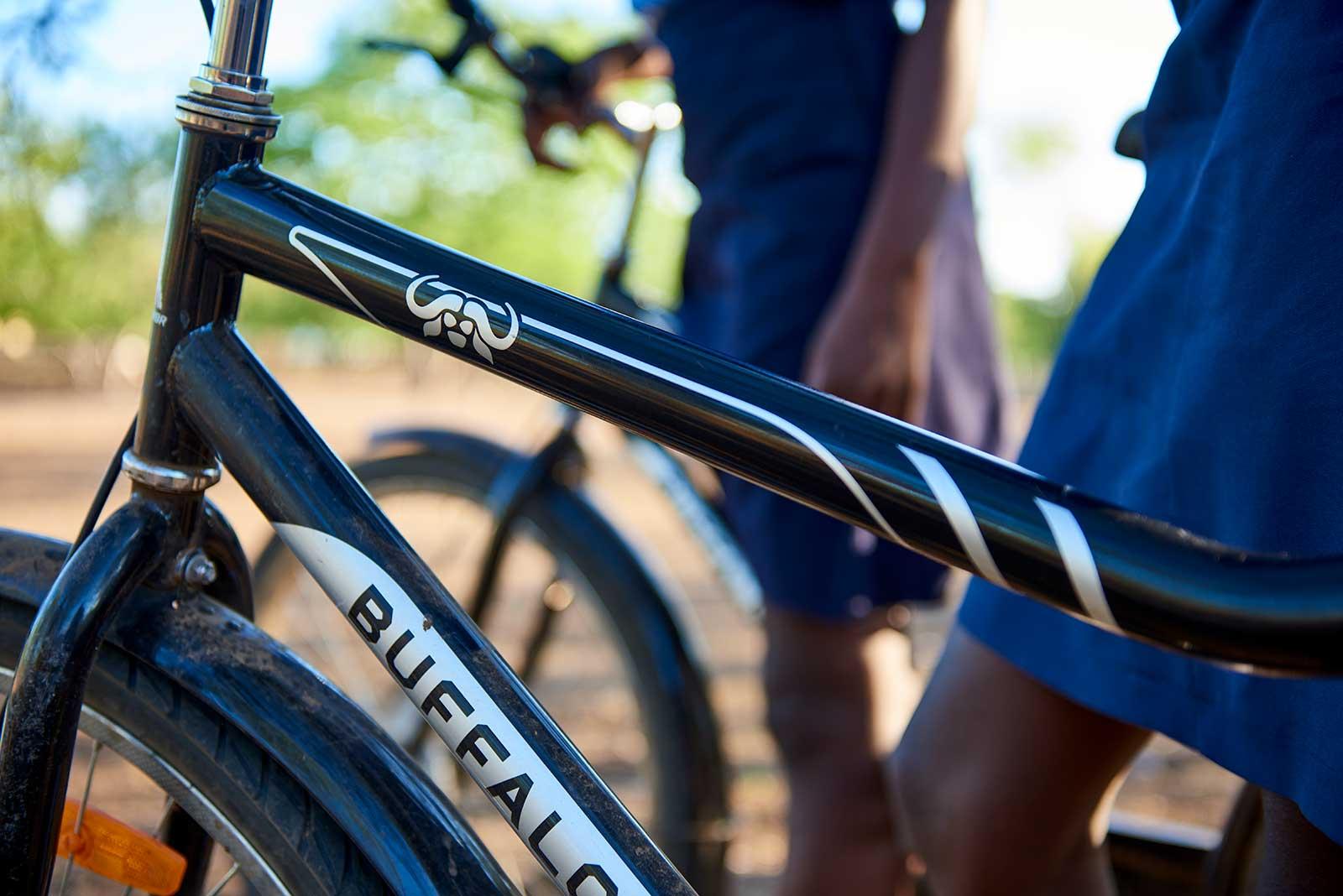
The Chilojo Club
The Chilojo Club is Gonarezhou Conservation Trust and partners’ programme for the schools in the villages near the park. The club’s tasks include:
- Teaching students about nature conservation and animal
protection at schools in the villages.
- Taking students on day trips in to the national park so
they get to experience the wild animals for real.
- Taking students in to the park on a four day adventure with camping, where they learn even more about animals, the natural environment, poaching, tracking and
animal protection work.
- Starting school libraries in the villages that are near the
park.
The Big Five
“The Chilojo Club has taught us a lot about The Big Five that live in this region: elephants, buffalo, rhinos, lions and leopards. But my favourite animal is the waterbuck. It’s fast and smart and it often gets away when predators attack,” says Amukelo.
The Big Five was the name used by big game hunters long ago for these five animals. Today the name is used by both those who live in or near the animals’ habitat and by tourists who visit Africa’s national parks.
> Learn more about the animals here.
Related stories
Långgatan 13, 647 30, Mariefred, Sweden
Phone: +46-159-129 00 • info@worldschildrensprize.org
© 2020 World’s Children’s Prize Foundation. All rights reserved. WORLD'S CHILDREN'S PRIZE®, the Foundation's logo, WORLD'S CHILDREN'S PRIZE FOR THE RIGHTS OF THE CHILD®, WORLD'S CHILDREN'S PARLIAMENT®, WORLD'S CHILDREN'S OMBUDSMAN®, WORLD'S CHILDREN'S PRESS CONFERENCE® and YOU ME EQUAL RIGHTS are service marks of the Foundation.



